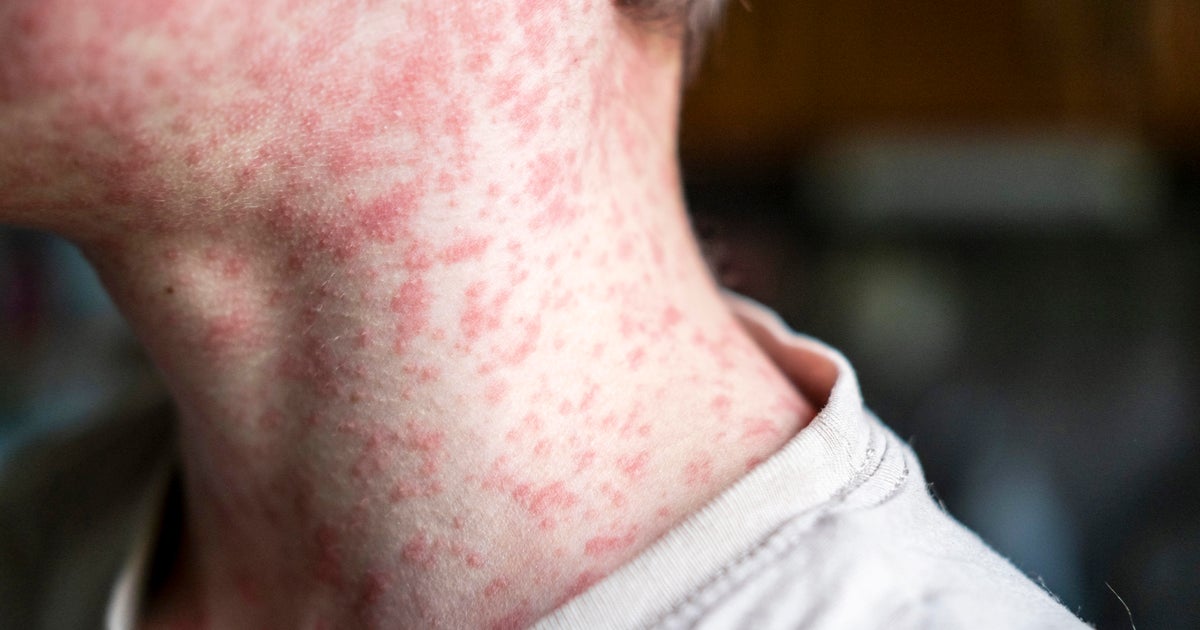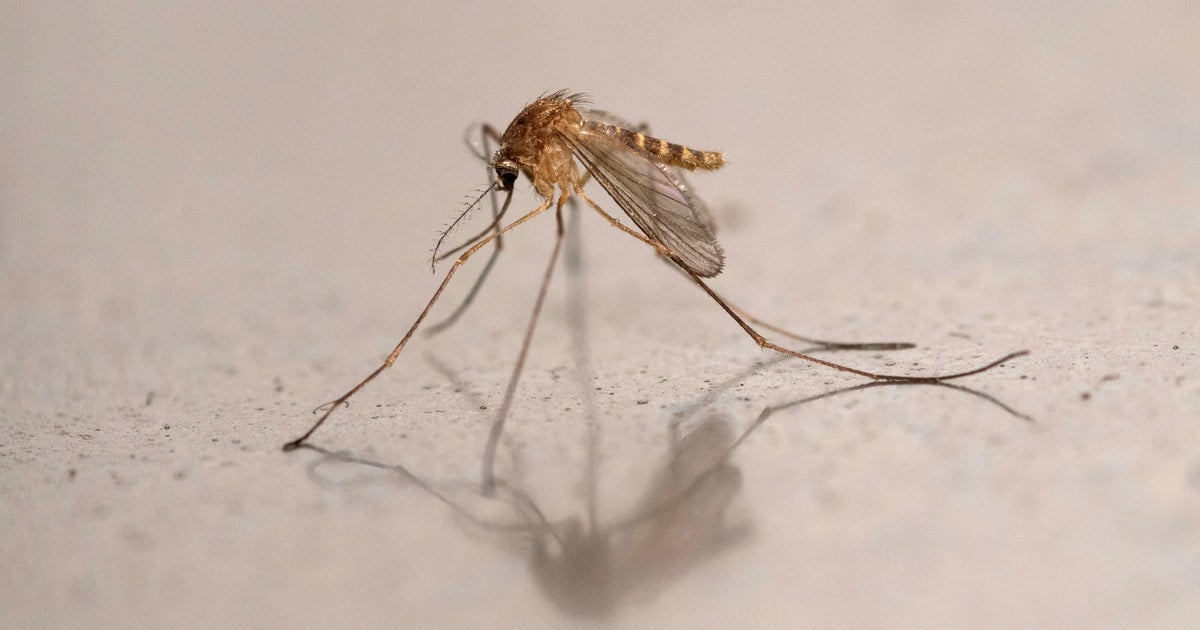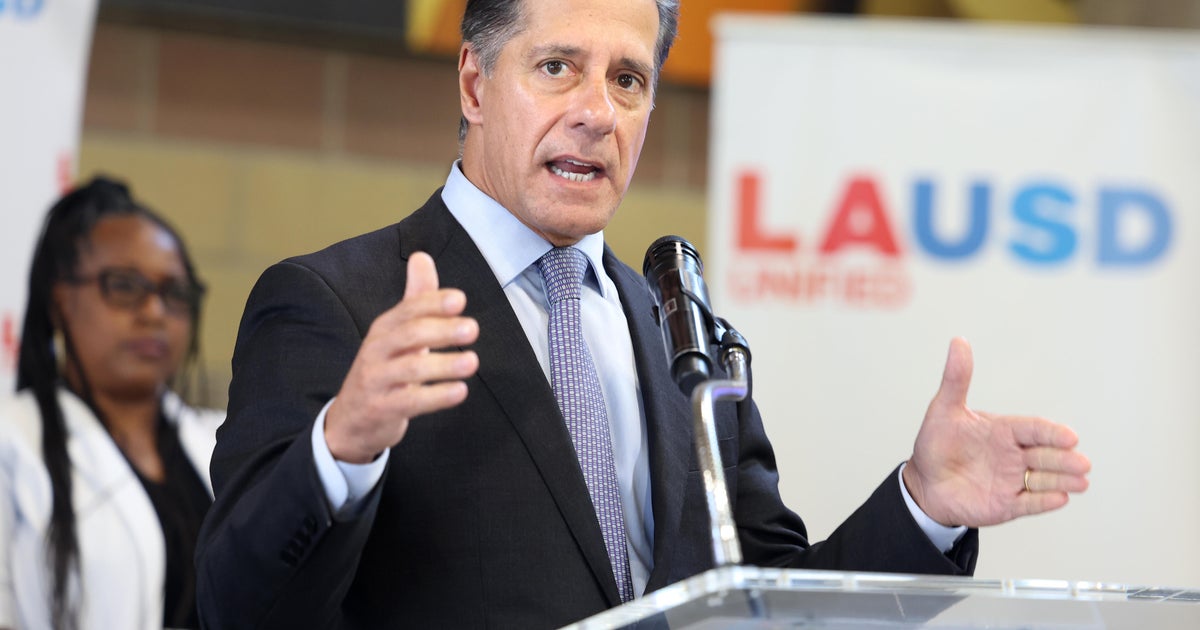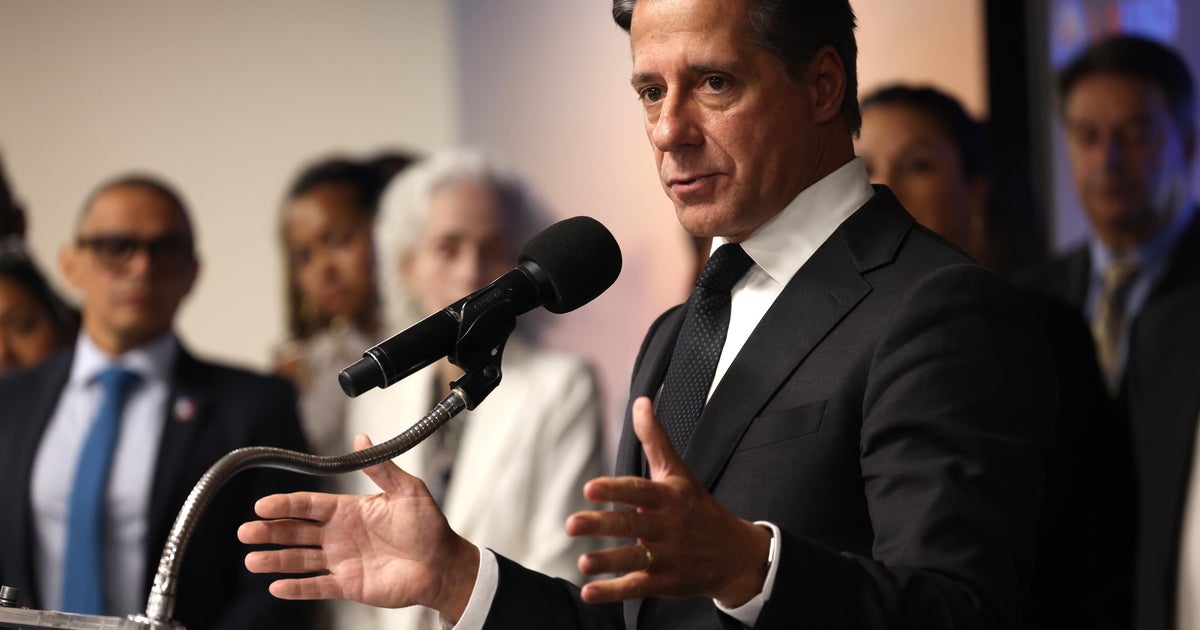More Zika Cases As Senator Gets Briefed On The "Front Lines" In Dade
Follow CBSMIAMI.COM: Facebook | Twitter
MIAMI (CBSMiami) – Three new cases of the Zika virus were reported in Florida, according to state health officials.
As of Tuesday, one of the new cases of the mosquito-borne virus was from Miami-Dade County, another in Palm Beach County and the other is a pregnant woman – totaling the number of cases in the state to 102.
On the same day, U.S. Senator Bill Nelson arrived in Miami to meet with local officials who he says are "on the front lines of this battle against the Zika virus" to get a firsthand report of what they are seeing. This included Miami-Dade County's mosquito control division, as well as infectious disease experts from the University of Miami, among others.
Related: CDC: Zika Definitely Causes Severe Birth Defects
According to Florida's Health Department, six pregnant women have been infected with the virus, so far. It's something concerning to the community since the virus has been linked to birth defects like microcephaly which causes babies to be born with small heads linked to lack of brain development.
Last week, the CDC confirmed the first Zika-related death. The 70-year old American man died in Puerto Rico in February after suffering a drop in blood platelets.
Related: Preventing Zika's Spread Without Chemicals
Nelson is the lead sponsor for Senate legislation pushing to fund President Barack Obama's emergency request for $1.9 billion to hinder the spread of the virus.
At the Miami event Tuesday, the Florida senator slammed Republicans who have blocked the Obama administration's request for Zika funding.
"The Congress has a dragged its feet and we are looking at a crisis," Nelson said.
Opponents of the Zika funding have essentially said they don't want to give the administration a blank check. Nelson bristled at that suggestion.
"To anybody who says there is not a plan, there is a detailed plan for the spending of this money," Nelson said.
"We have to continue to protect against allowing this mosquito to flourish, and that takes money," Nelson said.
From the whole amount, $989 million would go to the CDC and the Centers for Medicare and Medicaid Services to fund additional mosquito control measures, rapid response teams and public health education, among other things. About $475 million would go to the National Institutes of Health and the Federal Drug Administration to accelerate the search for a vaccine.
Earlier this year, President Obama signed a bill into law that would add the Zika virus to the FDA's Tropical Disease priority review list – creating an incentive for drug makers to find a cure.
Click here for more information on the Zika virus.







